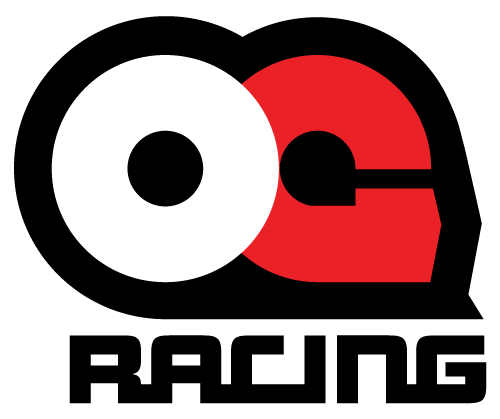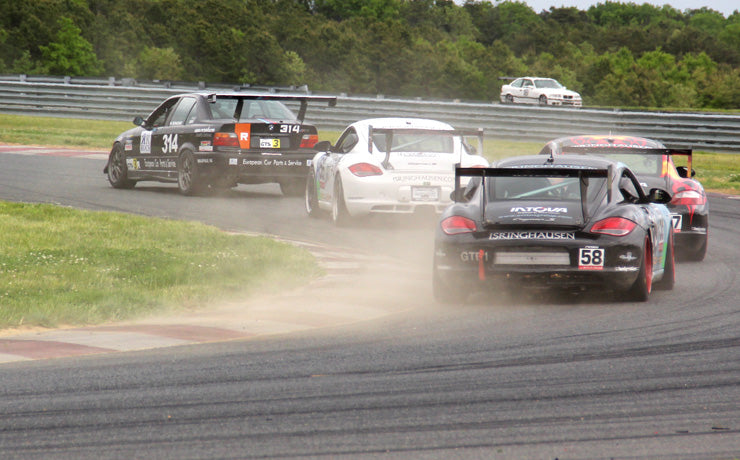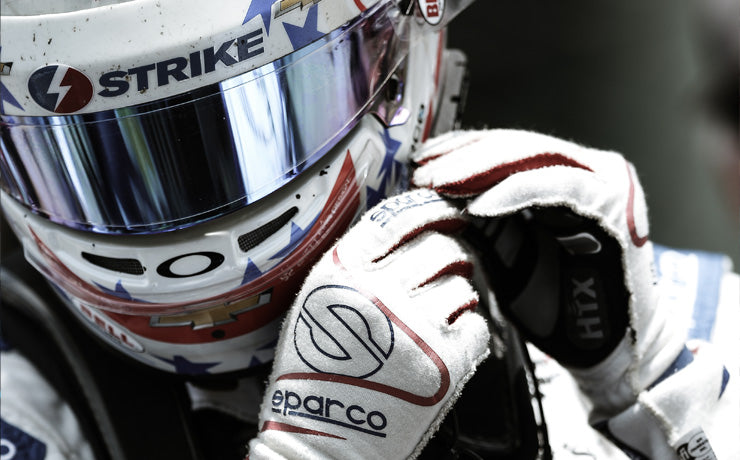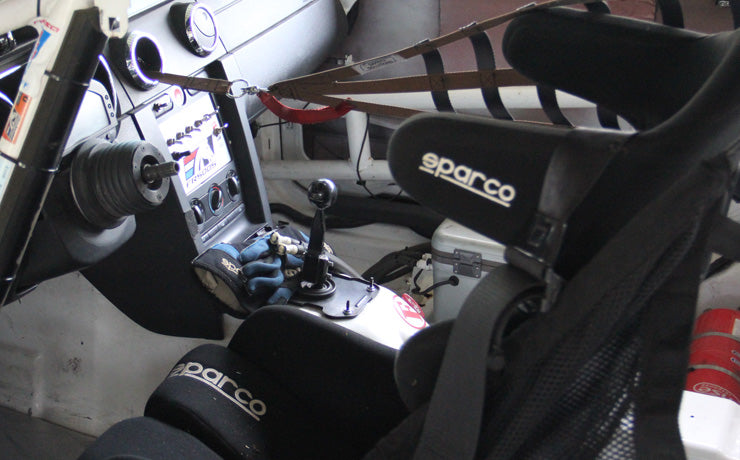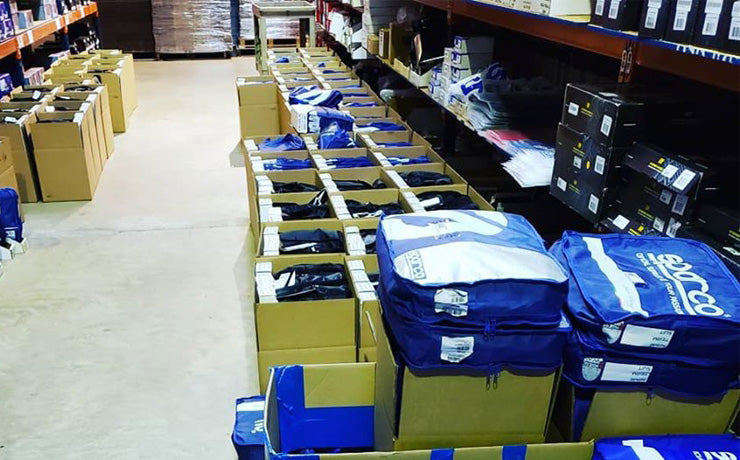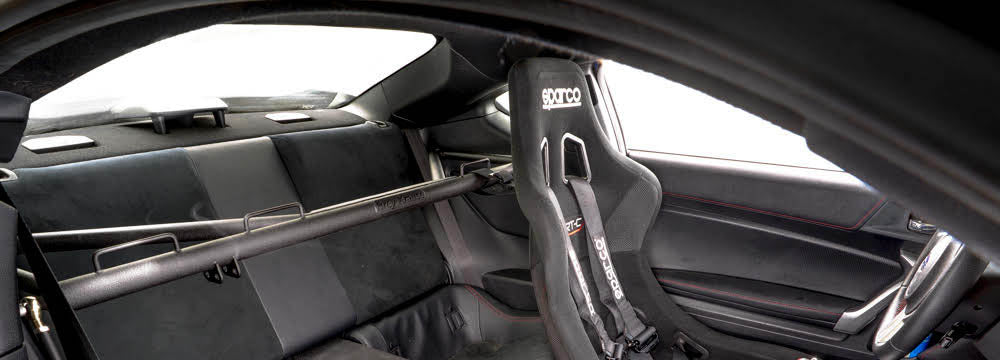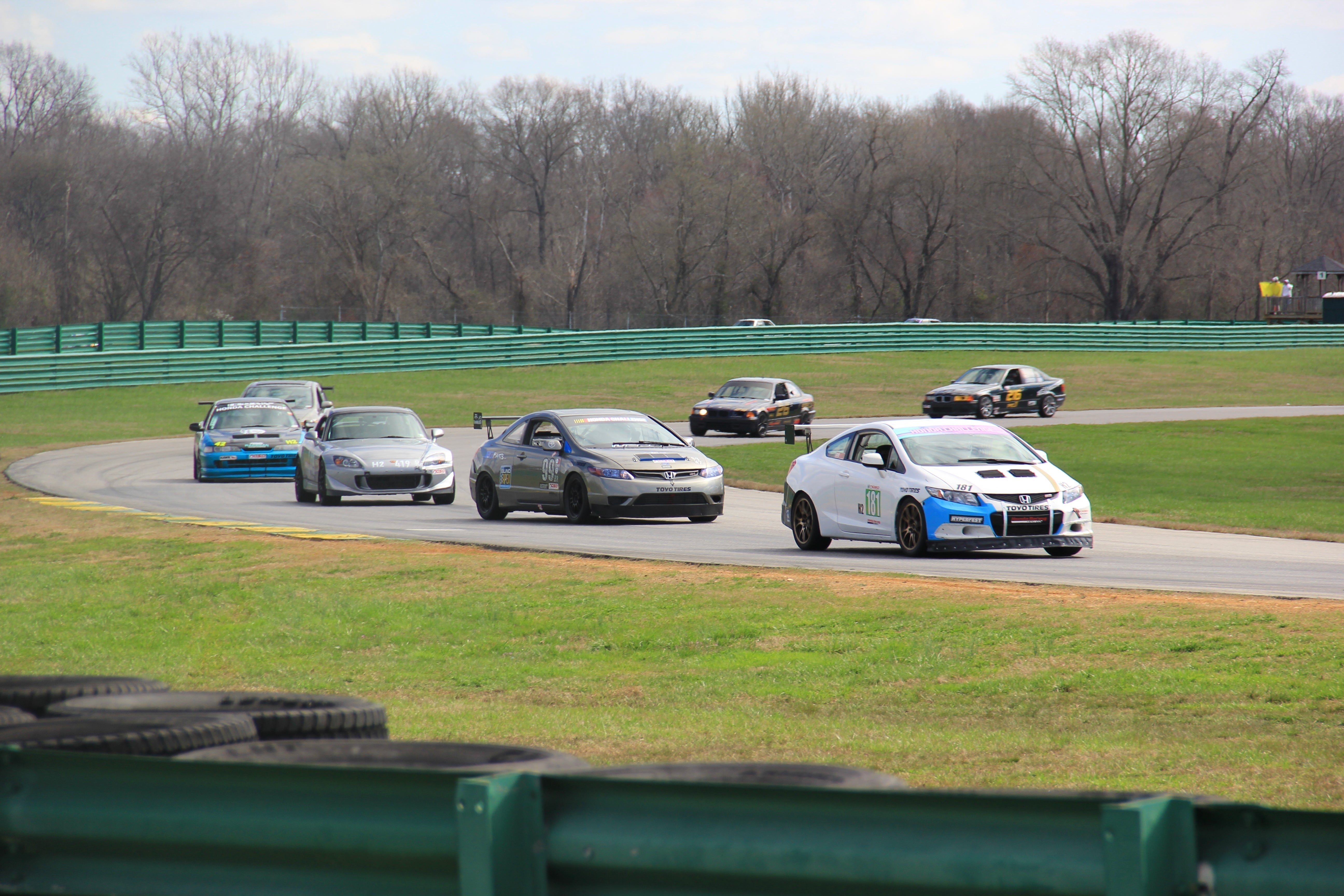
Brake Upgrades 101: A Beginner’s Guide to Better Track Performance
You've been to a few track days, and you're getting quicker — braking later, carrying more speed into corners, and maybe even chasing down that guy in the GT3 you thought was untouchable. But with great speed comes great responsibility…for your brakes. If your pads are wearing faster, or your pedal starts feeling a little soft after a few hot laps, don't panic—it's all part of the progression. You're pushing the car harder, and it's time to ensure your braking system keeps up with your right foot.
Before discussing pads or fancy rotors, let's discuss fluid. The factory brake fluid was designed for street use, not 120 mph into Turn 1. We recommend swapping to a high-performance racing brake fluid as the first upgrade. Fluids like Castrol SRF,Performance Friction, or Motul RBF 600 or 660 are designed to resist boiling at extreme temperatures that track driving produces. Boiled fluid = spongy pedal = no bueno. You're on the right track if you've already performed this step (which I recommend to my beginner students).
Next up: brake pads. But hold your horses! It's not just about throwing on the most aggressive race compound and calling it a day. Several factors should be considered when selecting a track-focused brake pad, starting with your tires. Most high-performance sports cars come equipped with high-grip summer tires, while some may have decent high-performance all-season tires suitable for colder months. These tires provide different levels of grip, so choosing the appropriate brake pad is vital. Your brake pads and tires are a team. High-torque pads can easily overwhelm lower-grip tires like all-seasons, triggering ABS, unsettling the car, and making you think you forgot how to drive. Start with a moderate track-day compound if your car is still on all-season or basic summer tires. If you're thinking of running a more aggressive brake pad, consider running a second set of wheels with DOT R-compound tires: that way, your grip and brake torque will work in harmony.
Now is also the time to consider upgrading your brake cooling. There's a reason why race cars have large scoops directing cooler air to the brakes. Brakes turn speed into heat, but too much heat is the enemy and can push your brakes out of their optimal performance range. If your system gets too hot, even the best pads and fluid won't save you from fade.
When upgrading brakes, the topic of a "big brake kit" (BBK) conversion often arises. But let's hit the brakes for a second. Is a big brake kit necessary? The answer depends on various factors. Modern performance cars, such as Porsches, Camaros, Corvettes, and BMWs, already have massive rotors and calipers from the factory. For most drivers, the factory setup will be sufficient, especially with the addition of quality track pads, brake fluid, and proper cooling.
However, if you're driving an older car or converting a street car into a full-on track toy, then yes—a BBK might be in your future. Just make sure the kit you choose has good pad availability. We've had folks call us needing pads, only to realize their choices are limited.
In conclusion, it's crucial to understand that the safety of a high-performance vehicle depends on an approach beyond just the brake pads. While choosing the right brake pads is vital, it must be considered alongside factors like brake fluid quality, effective cooling mechanisms, and the type of tires used. Each element plays a significant role in ensuring optimal performance and safety. The interaction between brake pads, fluid, cooling systems, and tires determines how effectively a vehicle can brake under high-stress conditions. A well-balanced combination of these components maximizes stopping power and provides better pedal feel, leading to more confidence and a safer, more fun track day!
At OG Racing, we're racers ourselves. We know what it's like to chase lap times and plan that next upgrade between events. If you're unsure which pads to run or what fluid to choose from, call us. We'll help you stay on track. We're fellow racers and track day, junkies just ike you!
With over 30 years of experience in the Potomac Region of the Porsche Club of America, Mark Francis brings a wealth of knowledge to our team. His racing and on-track driving instructor expertise makes him an invaluable resource — a true walking Porsche encyclopedia. We're proud to have his insights as part of the OG Racing family.
